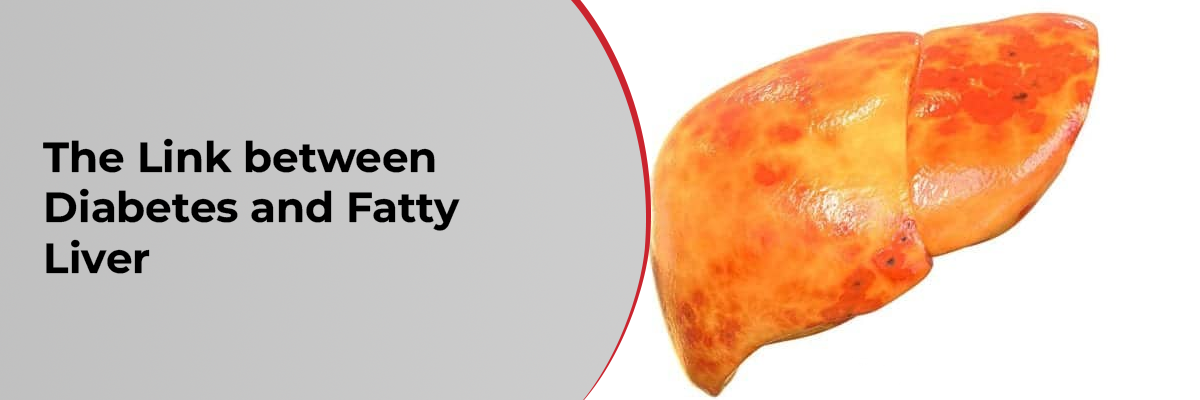
 IJCP Editorial Team
IJCP Editorial Team
The Link between Diabetes and Fatty Liver
Fatty liver impairs insulin functioning and precipitates insulin resistance leading to Type 2 diabetes (T2D). Reducing hepatic fat contributes to improving insulin action in the liver and, thus, diabetes reversal, says Dr. V. Mohan from Chennai.
The liver plays a crucial role in insulin function, and fat accumulation can precipitate T2D. Metabolic dysfunction-associated steatotic liver disease (MASLD) and diabetes have a bidirectional relationship, with NAFLD predisposing individuals to T2D and vice versa. Fat buildup in the liver hampers fasting glucose-level control and strains the pancreas, accelerating the progression of diabetes.
Evidence suggesting that NAFLD increases the risk of developing T2D remains strong, and NAFLD severity is directly associated with new-onset diabetes risk. However, reducing hepatic and pancreatic fat can improve insulin action in the liver and potentially reverse T2D. Intense caloric restriction and weight loss have shown positive effects in lowering hepatic and pancreatic fat, aiding in improved insulin action.
Neglecting MASLD can result in inflammation, metabolic dysfunction-associated steatohepatitis (MASH), cirrhosis, hepatic encephalopathy, and even hepatocellular carcinoma (HCC). Prevention, early diagnosis, and lifestyle modifications are crucial for managing MASLD. Controlling diabetes, dyslipidemia, avoiding smoking and alcohol, and adopting a healthy diet and regular exercise are recommended.
Some drugs have shown promise in reducing NAFLD, but prevention remains the best approach. Regular liver function tests and ultrasounds are advised, and further diagnostic tests may be needed if abnormalities are detected. Early diagnosis facilitates effective intervention and disease reversal.

IJCP Editorial Team
Comprising seasoned professionals and experts from the medical field, the IJCP editorial team is dedicated to delivering timely and accurate content and thriving to provide attention-grabbing information for the readers. What sets them apart are their diverse expertise, spanning academia, research, and clinical practice, and their dedication to upholding the highest standards of quality and integrity. With a wealth of experience and a commitment to excellence, the IJCP editorial team strives to provide valuable perspectives, the latest trends, and in-depth analyses across various medical domains, all in a way that keeps you interested and engaged.










.jpg)








.jpg)

Please login to comment on this article